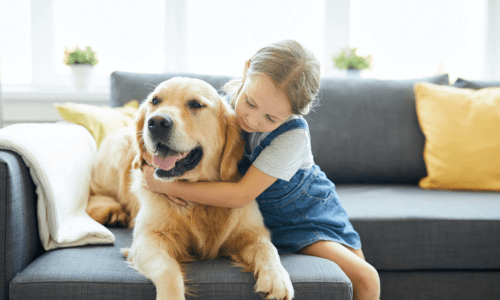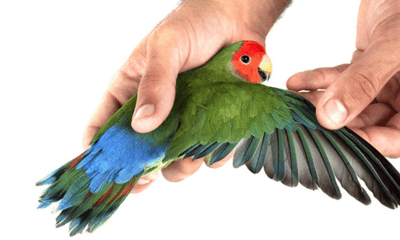For many families, pets are more than just animals, they are cherished members of the household. When children grow up alongside pets, the benefits can be profound. From teaching responsibility to offering unconditional love, the bond between pets and children has the power to shape lifelong values. However, fostering a safe and positive relationship requires guidance, patience, and understanding. At Woonona Petfoods, we believe that with the right approach and support, pets and children can enjoy a harmonious bond built on trust and care.
Why Pets and Children Make a Great Match
Introducing a pet into a child’s life can bring endless joy. Studies have shown that children who grow up with pets often develop stronger empathy, better social skills, and a greater sense of responsibility. Caring for a pet teaches children the importance of routine, kindness, and respect for other living beings. For many families, pets also provide comfort during challenging times, offering companionship and emotional support that no toy or device can replace.
For children, pets can become playmates, confidants, and even protectors. Dogs and cats, in particular, often form close attachments with kids, while smaller pets like rabbits, guinea pigs, or fish can be a gentle introduction to animal care. The key lies in guiding children to interact appropriately, ensuring both their safety and the pet’s wellbeing.
Creating Safe Interactions
Safety should always come first when introducing children to pets. Young children may not yet understand boundaries, while pets may feel overwhelmed by sudden movements or loud noises. Establishing clear rules and supervision is essential.
Teach children to approach pets calmly, avoiding sudden grabs or loud shouts. Encourage gentle strokes instead of rough handling, and show them safe ways to play. For dogs, games such as fetch or supervised tug-of-war can be engaging, while cats may enjoy wand toys or interactive puzzles. Always ensure that children give pets their space when eating, sleeping, or retreating to a quiet area.
Supervision is key, particularly with younger children. Never leave a small child alone with a pet, regardless of how trustworthy the animal is. This protects both the child and the pet from misunderstandings or accidents.
Benefits for Children’s Development
The positive impact of pets on children extends beyond companionship. Caring for a pet instils a sense of responsibility. Feeding, grooming, and walking a dog, for example, can become shared family tasks that teach routine and accountability.
Children who care for pets often develop higher levels of empathy and compassion. They learn to recognise non-verbal cues, such as when a dog is anxious or a cat is seeking affection, which improves emotional intelligence. Pets also encourage active play and outdoor activities, helping children stay healthy and engaged.
For children experiencing stress or loneliness, pets can be an important source of comfort. Stroking a pet has been shown to lower anxiety and provide reassurance during difficult times. This bond can be especially meaningful for children who struggle socially, as pets offer unconditional love and companionship.
Helping Pets Adjust to Children
Just as children need to learn how to behave around pets, animals also need time and training to adapt to family life with kids. Some pets may be naturally tolerant, while others may require gradual introductions.
Dogs, in particular, benefit from early training and socialisation. Teaching commands such as “sit,” “stay,” and “leave it” can help manage interactions with children and prevent accidents. Reward-based training builds trust and helps pets understand what is expected of them.
Cats may prefer slow introductions, with safe spaces where they can retreat when they need quiet time. Small pets, such as rabbits and guinea pigs, require gentle handling and patience, as they can be easily frightened by loud or sudden movements.
When bringing a new pet into a household with children, set realistic expectations. It may take time for everyone to adjust, but with consistency and care, pets will often settle into their role as beloved family companions.
Tips for Building Strong Bonds
-
Involve children in daily care routines, such as feeding or brushing, to strengthen their sense of responsibility.
-
Encourage positive play that respects the pet’s boundaries.
-
Use training and enrichment tools to keep pets mentally and physically stimulated.
-
Make sure pets receive regular vet care, parasite protection, and a nutritious diet to support their health.
-
Allow pets to have their own safe space where they can rest undisturbed.
The bond between pets and children is one of life’s most rewarding relationships. With proper guidance, supervision, and care, children can learn valuable life lessons from their pets while enjoying unconditional love and companionship. By creating a safe and nurturing environment, families can help pets and children grow together in harmony, building bonds that last a lifetime.
Whether you’re welcoming a new puppy, kitten, or small pet into your home, or supporting your existing pets as your family grows, Woonona Petfoods is here to help. Visit us in-store or online for expert advice and a full range of products to support every stage of your pet’s life.






